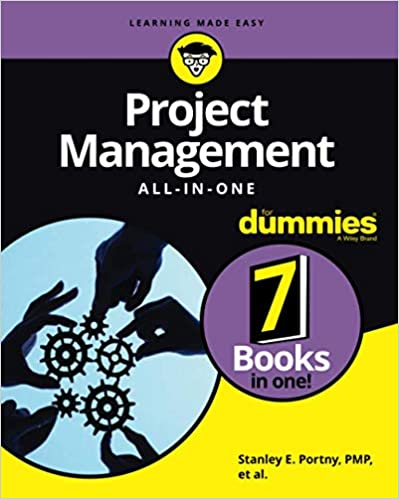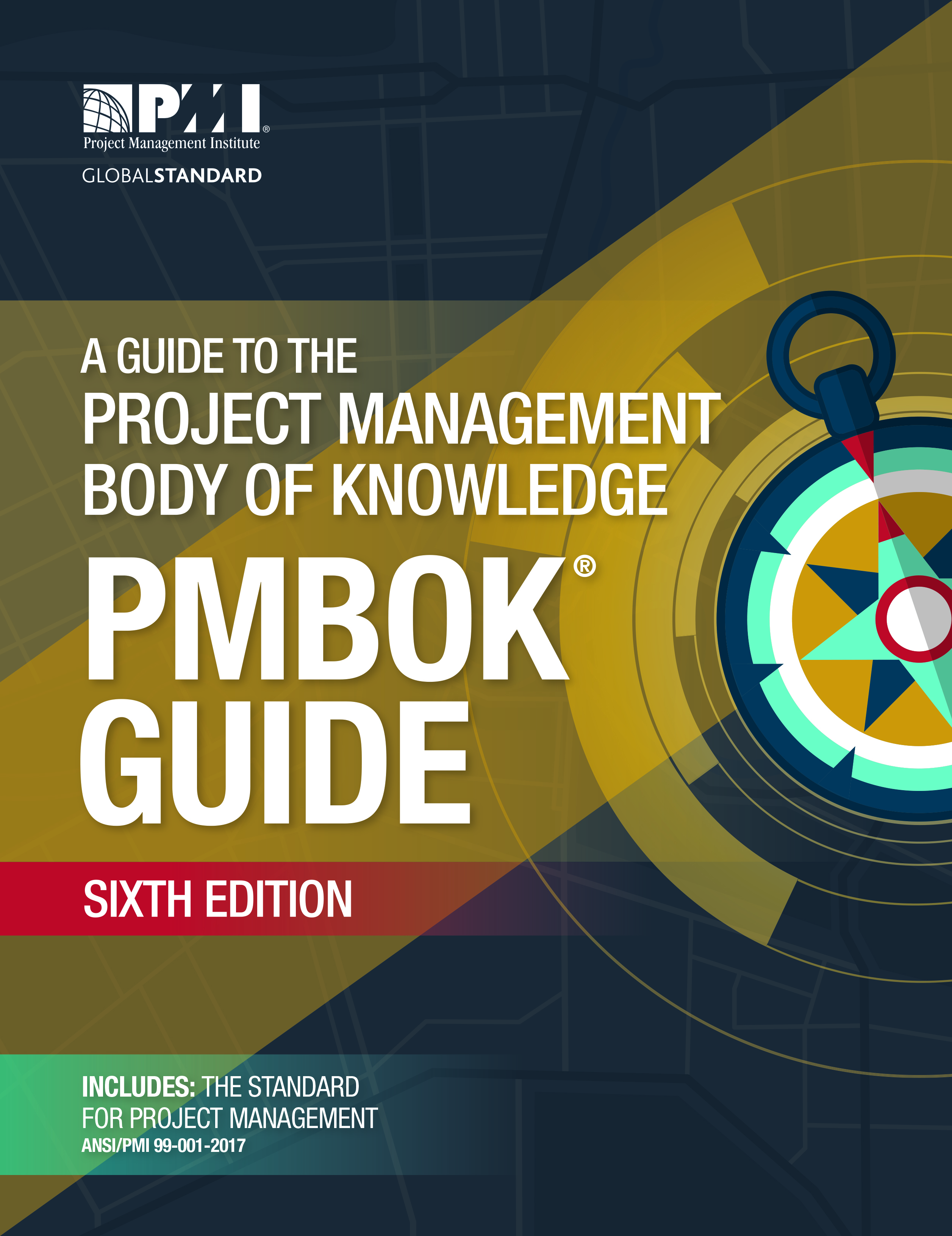Define Project Management
...
If you manage a project, are you a Project Manager?
How do you define project management? How does your company define project management?
The Project Management Book of Knowledge (PMBOK®), compiled by the Project Management Institute (PMI®), defines Project Management as:
- ”Project Management is the application of knowledge,
skills, tools and techniques to project activities to meet project
requirements. The Project Manager is the person responsible for
accomplishing the project objectives.” (PMBOK® Guide)
Within most organizations, there are two categories that define Project Managers:
- ”Formal” Project Manager – someone recognized as a PM and who has the title and the authority.
- ”Accidental” Project Manager – someone at any level within the organization, who already has other responsibilities (“a daytime job”) and who is ask something like, “…while you’re at it, see what you can do about…”
From your perspective, which category of PM are you? And now…. from your organization’s perspective?
Define Project Management

There is no simple way to define project management. Even the PMBOK® Guide takes multiple sections to define project management (for example, sections 1.2, 1.3, and 1.6).
Think of defining project management as:
- 45% Communications
- 25% People & Process Management (coaching, mentoring, feedback, etc.)
- 20% Politics (a more intense form of “people management” that deserves its own category and should not be underestimated)
- 10% Business Knowledge (understanding of the industry, business background, factors leading to this change, business measure of success, etc.)
Add to the above formula:
- A healthy dose of management of change, business structure and discipline
- Years of experience
- Working knowledge of project methodologies (PMI’s PMBOK, PRINCE2 and TenStep are three primary examples) and how to adapt and apply them
- Finally, the personal characteristics of persistence, decisiveness and leadership.
Without getting into detail here (I have reserved several subsequent pages for the topic of methodologies and project structure), “methodology” here refers to "standardized" project management processes, NOT to “technology”, “delivery” or “industry” focused methods (such as Waterfall, Agile, Scrum, XP, V, and Spiral).
The Business Benefits of Project Management
A project is the manifestation or implementation of the effects of change, a direct result of the management of change within that organization.
Fundamentally, a project is an investment and all business investments must provide a profitable return.
Project management establishes a methodology; provides discipline and structure; and rigorously applies management principles and project management processes to facilitate the successful conclusion of the project.
Although business benefits are realized by following a structured project management methodology, three necessary validations include:
- Calculation before the initiation of the project, of a required Return on Investment (ROI), as a basis for project selection and initiation
- Periodic performance reviews during the project, using Earned Value (EV) analysis, will confirm the business benefits (and allow for real-time adjustments)
- The final report from the project team confirming acceptance by the stakeholders and that the project meets the business objectives, as set out in the project plan.
During the project, communications with the stakeholders and end
users on progress and accomplishments will reinforce business benefits.
Involvement in the project by end users as early in the project as
possible will keep the project on-track to meeting the needs of the
business. Early end user involvement will also serve to shorten the
user acceptance period at the end of the project.
The Three Keys for you to realize the maximum business benefit from your project investments:
Communication, Communication, Communication
Define Project Management Success
Project Management success within an organization is dependent on the organizations adoption of a project approach for the management of change. Incorporating the effects of change is an investment in the business.
How do you ensure the success of your business investments?
Although this might seem obvious, structured Project Management is often not practiced within organizations, for various reasons - cost, lack of flexibility, difficult to manage, "we have always done it differently", and so on. Within your company, how many titled “Project Managers” are there, not Product Managers, IT Team Leaders, Operations Managers, Marketing Coordinators, Auditors, etc?
- Do they all follow a similar methodology?
- Do they all use ROI to prioritize the project and then measure project performance?
- Do they all use similar planning, scheduling, monitoring, and reporting tools?
- Is there project alignment through a Project Portfolio Management structure or a PMO?
Even though you may have answered “no” to one or more of the questions above, it could be for valid reasons, such as "we are a small start-up with limited staff and little structure" (start-up environments go through a business cycle that will bring on more structure, especially dealing with the management of change).
Whether you are a PM in a start-up environment, or a more mature organization, you can assist your management team by working with them to provide more structure to project management, such as:
- setting up a project portfolio view and "business case" selection process
- establishing an ROI review and prioritization for planned projects
- requesting project performance metrics and measures (using EV analysis) for existing projects
- setting up collaboration guidelines for communications between teams and with stakeholders
- ….. and the list can go on as the organization accepts and implements more discipline.
The challenge for you is alignment across the functional groups that do project work.
Your path to success will begin with buy-in from senior management and obtaining a senior management sponsor of your initiatives (caution: your CEO must see the value; which will be evidenced by your “sponsor” being a member of the senior team, reporting directly to the CEO, and having a funded budget).
Value to the business (and to the CEO) will include:
- Reduced expenditures on un-prioritized projects
- Reduction in failed or incomplete projects
- Sharing of resources across functional groups, potentially reducing headcount
- Ability to better focus resources – people and money – on priority projects that will best benefit the business
- Overall, a more disciplined, rigorous management of projects, in alignment with business objectives
Project Management Career Opportunities
Project Management career opportunities and certification information and recommendations... now that you have a good understanding of the answer to, "what is project management".
Project Management Information - Questions & Requests
Request Project Management information to improve your techniques - submit your questions and requests for information here...

RECOMMENDED .. With Your Project Management SUCCESS in Mind!
A Guide to the Project Management Body of Knowledge

Visualizing Project Management




New! Comments
Have your say about what you just read! Leave me a comment in the box below.